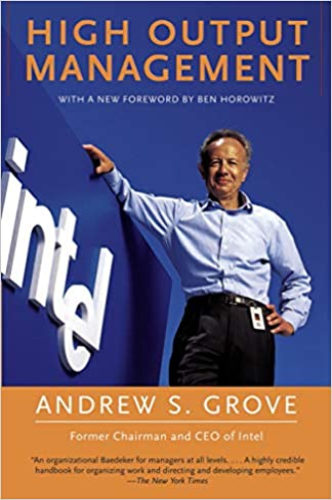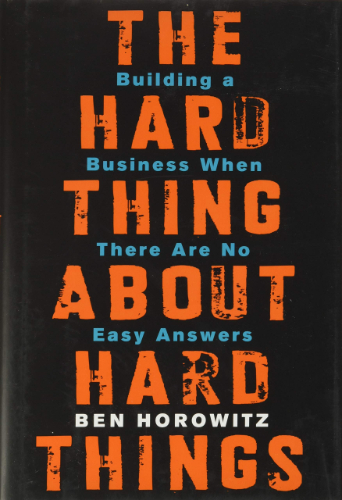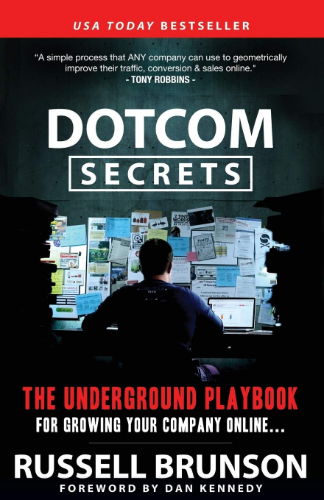Lying By Sam Harris: Summary and Notes

One sentence summary: In Lying Sam Harris dissects the habit of lying and comes to the following conclusion: It is not worth it.
One Paragraph summary: Sam Harris is no stranger to contentious issues, and in Lying he goes straight for a habit that is all too common — lying. His verdict is that it is never a good idea to lie. Even if you think you have to, there is always a better way.
Favorite quote from the author:
My first book by Sam Harris was Free Will At the time, I was struggling with the concept of purpose and didn’t really know what I wanted to do with my life. Sam set things straight by muddying the waters because, if I remember correctly, he said it doesn’t matter because we will all die. Anyways, that’s how I fell for the guy. So, whenever I get the chance to read any of his books, I’m always excited.
Take Lying for instance, it is a long-form essay in which Harris discusses the lies we tell. His insight into the habit is remarkable. I learned a few things like lying is always bad, well, not really, but he does create a nuance that separates outright deception from misrepresentation of the truth.
Unlike Kant Harris is a bit reasonable on the topic of lying. He says it’s okay to tell a woman she’s not fat as long as it doesn’t harm her intent to reduce weight. Kant, a straight shooter, would never do that. What’s the point of all of this? It means you will find the book exciting or at least agreeable.
Main takeaways from Lying by Sam Harris
-
To lie is to mislead others intentionally
-
Eventually, you get caught
-
There are two types of lies
-
Big lies have led us to mistrust government
-
There is no conflict between being honest and keeping secrets
Lesson 1: To lie is to intentionally mislead others
You can think of lying as many things, but at the core, lying is to deceive others intentionally. Harris says that there is never a good reason to lie because the outcome is almost always bad. It destroys relationships, distorts reality, and breaks trust between family and friends. A life full of lies also leads to chaos and unfulfilled potential.
Harris narrated a story that is all too familiar. A family member got sick, but the doctors and the husband conspired to keep it a secret. Later the sick woman realized that she was ill and dying, but she also kept it a secret. The result? The family lost the chance to heal, forgive, and show their compassion towards their dying grandmother. By the time other family members knew, there was little they could do.
“The moment we consider our dishonesty from the point of view of those we lie to, we recognize that we would feel betrayed if the roles were reversed.”
Lesson 2: Eventually, you get caught
Lies take a toll on the brain because it requires a lot of mental accounting. You've got to keep a list of every lie you tell and the names of those you lie to. Unless you are a psychopath, people will eventually know that your lies don’t add up. Worse, your friends and family will start to shun you because they don’t have to say to your face that you’ve been lying to them. Instead, they will avoid you like the plague.
On the other hand, if you are truthful, life will become simpler for you. Telling it as it is and critiquing other people might make you uncomfortable, but the long-term gains of the habit are worthwhile. Feeling uncomfortable this way will take time, and as Harris says, you might need some practice.
Truth is also a path to growth. Harris shares a story that we can all relate to. In high school, he gave up a chance to address the school because of his fear of public speaking, but rather than tell the truth and face his fear, he chose to lie to his teachers.
Have you lied in a way that prevents you from growing? I certainly have.
Lesson 3: There are two types of lies
There are two types of ethical transgressions that Harris discusses in his book: the bad things we do — acts of commission and the good things we fail to do — acts of omission. Acts of commission are judged more harshly, perhaps because they communicate intent more precisely. Lying can happen both ways. Failure to correct a misconception about yourself can be a form of deceit, especially if you are in any way profiting from that deceit. If, for instance, people say you are something other than you are, say a doctor instead of a neuroscientist, it is a lie if being called a doctor enhances your profile.
There are many types of acts of omission, and the most prevalent is what’s called white lies. White lies seem innocent, but they are far from that. Take the following example: A friend has been struggling to get an acting role, but everyone knows he is a bad actor and will probably never make it big. The question is, do you keep on telling them that they are excellent, or do you inform them of what everyone knows and thinks? It is better to tell them the truth no matter how uncomfortable it is because it saves everyone time and effort.
An excellent quote:
“And while we imagine that we tell certain lies out of compassion for others, it is rarely difficult to spot the damage we do in the process. By lying, we deny our friends access to reality—and their resulting ignorance often harms them in ways we did not anticipate. Our friends may act on our falsehoods, or fail to solve problems that could have been solved only on the basis of good information. Rather often, to lie is to infringe upon the freedom of those we care about.”
Lesson 4: Big Lies have led us to distrust government
What’s the biggest lie that a government has ever told? For me, the biggest fat lie was the weapons of mass destruction debacle that started the 2003 invasion of Iraq. Because of the lies and the lives lost, it has become hard for millions of people to support any military campaign, no matter the reasons.
And it is not just the WMD scandal that has affected public trust. The world is awash with conspiracies that impact vaccination rates, technology adoption, regulation, and public participation. Recently, I had the chance to read The Merchants of Doubt by Naomi Oreskes and Erik M. Conway. It exposes some of the dirty tricks some individuals use to deceive the public. Such lies make it hard for society to come together in times of crisis.
Lesson 5: There is no conflict between honesty and keeping secrets
Should you answer every question that someone asks you? Hell no, sometimes it is okay not to say anything. It does not equate to lying, and there is nothing wrong with having secrets of your own.
However, there is a fine line between keeping secrets and withholding information. If a friend asks you not to tell of a secret affair, you are part of the deception as long as you actively withhold information from those being deceived. Harris does not give clear guidance on handling such cases of lying but he tells what happens. People will avoid interacting with you, and you might lose all your friends and honor in the process. The question you need to ask yourself is: Is it worth it?
Wrap Up
Books by Sam Harris are always fascinating, and Lying is no different. Harris has a way of making complex ideas simple. In this case, he convinces the reader why lying is never a good thing, and I agree.
Who Would I recommend the Book To?
This book will serve you well if you are interested in being an honest, wholesome fellow.
GET THE BOOK ON AMAZONRate this book!
This book has an average rating of 5 based on 2 votes.









































